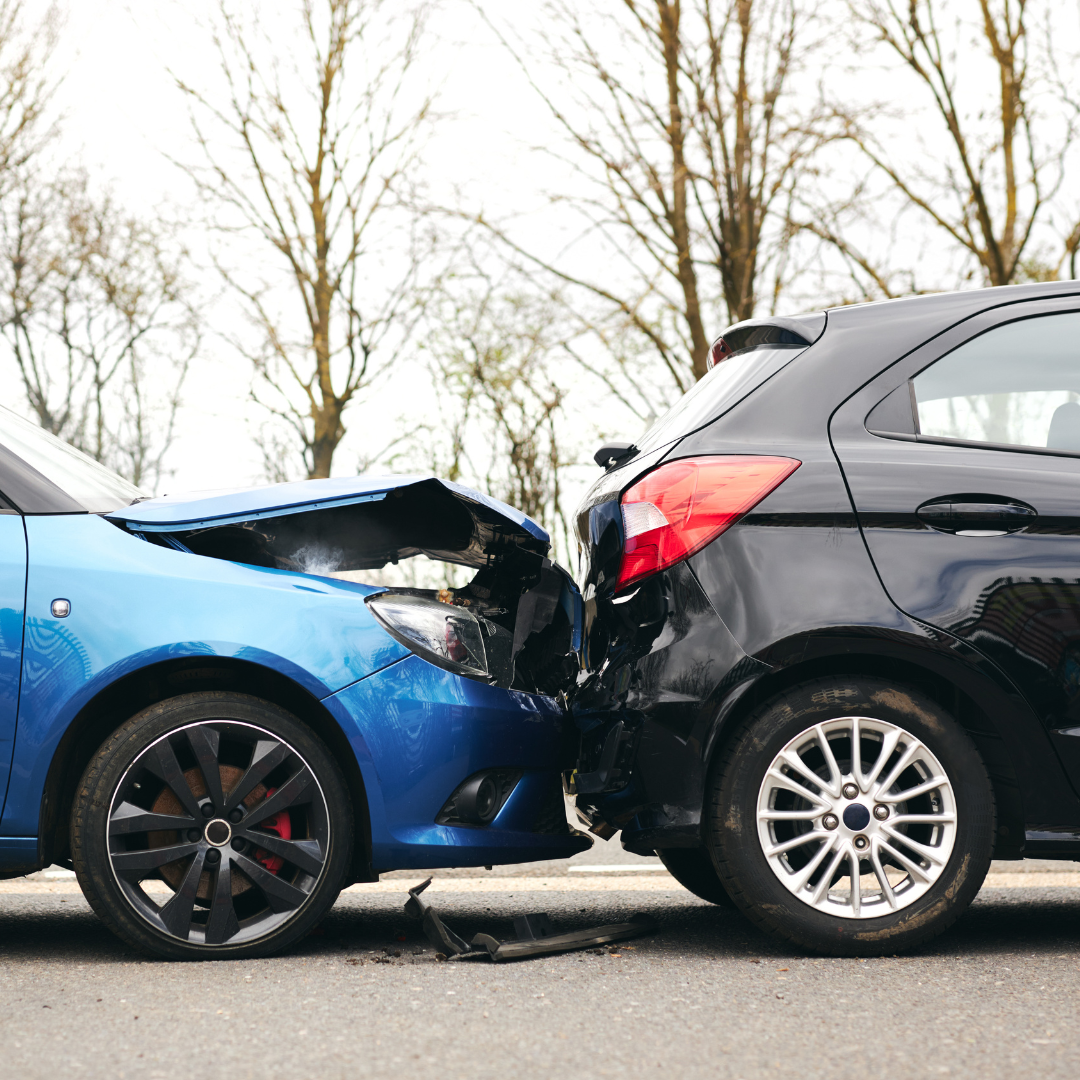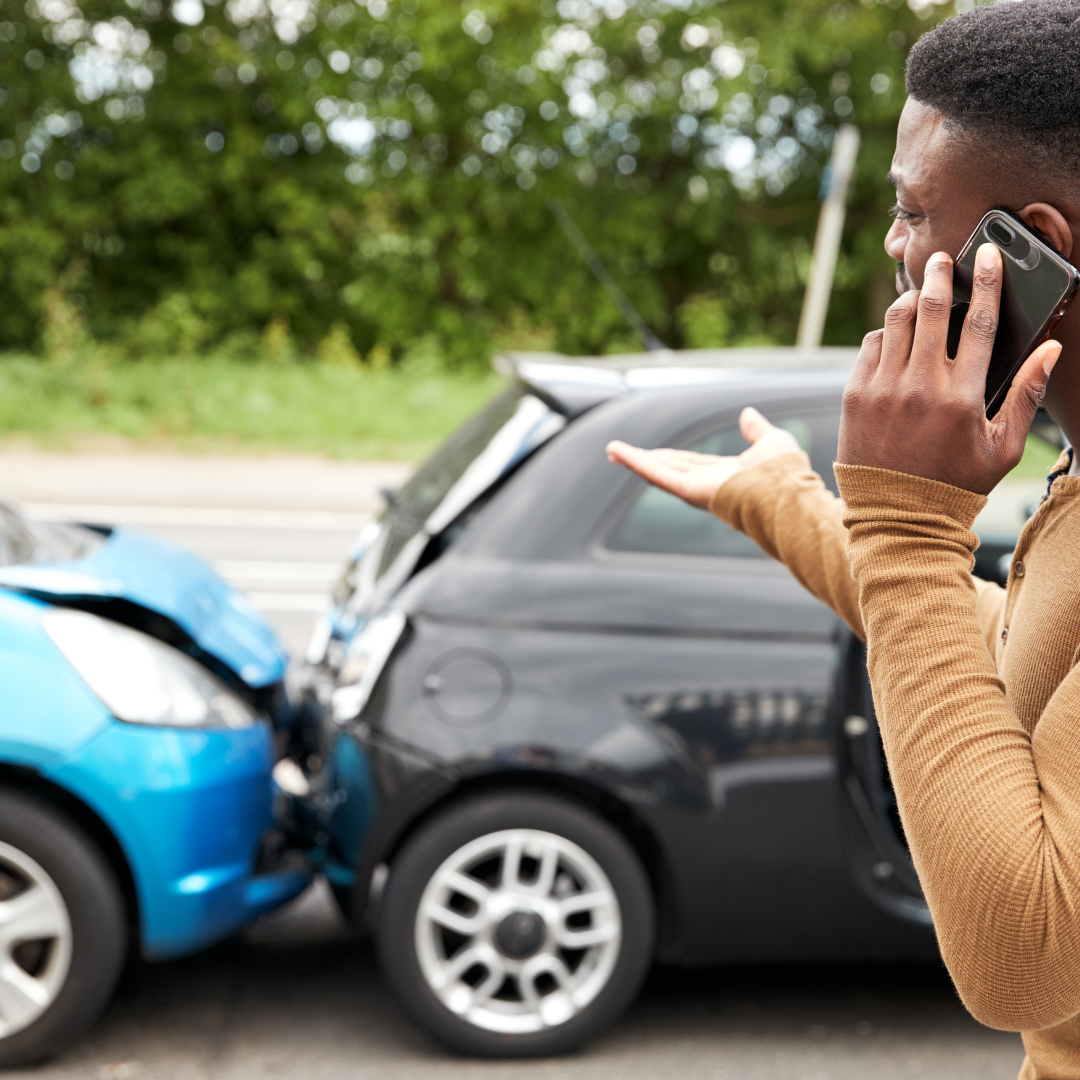Can I Have a Car Towed From in Front of My House?
I think we have all experienced this scenario. The neighbor is having a party; or, that’s what they said when vehicles began piling up around the street. The goers have taken to parking outside your home, blockading you in, or perhaps even keeping you out. Don’t you wish you could just get rid of them?
If you’ve ever asked yourself, “Can I have a car towed from in front of my house?”- you’re not alone. Whether it’s an unfamiliar vehicle lingering too long or an ongoing issue with neighbors, understanding your rights and options is crucial. In this guide, we’ll break down local laws, proper steps to take, and how to resolve parking issues legally and efficiently.
Understanding Local Laws and Regulations
Before you call a tow truck, it’s important to know whether you have the legal right to do so. Towing can be expensive. Just because a car is parked in front of your house doesn’t necessarily mean you can have it removed. You own the title to the land where your house is, but you often do not own the streets where your nuisance is parked. Many areas consider street parking to be public property, meaning any legally parked vehicle has the right to be there.
Parking Etiquette vs. Legal Parking
While common courtesy suggests people shouldn’t block driveways or park in front of someone’s home for long periods, it’s not necessarily illegal to do so. Unfortunately, being rude does not constitute a crime. A car legally parked on the street—without violating posted signs, blocking access, or exceeding time limits—is typically within its rights to remain there, no matter how much they inconvenience those around them.
If you feel that someone is consistently taking advantage of the parking space in front of your house, consider approaching them about it in a friendly way. It may be worth having a polite conversation with them before taking legal action; you attract more flies with honey than vinegar. Most people are not senselessly rude, just a bit inconsiderate. In many cases, a simple discussion can resolve the issue without escalating tensions.
Navigating Parking Signs
You may not live in a quiet neighborhood, however. Especially in cities or apartment complexes, local ordinances often include signage indicating restrictions, such as “No Parking” zones, permit-only areas, or time-limited parking. Check these signs before taking action. If a vehicle is in violation of the posted signage, you may have legal grounds to request its removal.
It is also essential to be aware of seasonal parking rules in your city. Many municipalities have regulations for street sweeping or snow removal, especially in the northern and western United States. In these states, it is required that vehicles are moved out of the roads on specific days. Failure to adhere to these rules may result in the car being ticketed or towed by the city, resolving the problem for you.
How to Tell If a Car Parked in Front of My House is Suspicious
A car that appears abandoned or suspicious can be a cause for concern, but again, causing anxiety is not an actionable criminal offense. Here’s how you can assess whether action is needed:
Using Security Measures to Monitor Suspicious Cars
- Utilize home security cameras or smart doorbells to monitor the vehicle outside your home.
- Check if the car has been there for an extended period without movement. How long has it been exactly?
- Look for signs of vandalism, missing parts, or flat tires. If the vehicle is out of commission, it won’t be moving anywhere of its own volition.
- Take note of any unfamiliar individuals who may be frequently approaching the vehicle. It may be a meeting place of sorts.
- Have information readily available. Will roadside come to your house? What is the towing limit if a tow is needed? Knowing this beforehand makes things a lot easier.
If you are concerned about a suspicious car, consider recording the license plate number and making a log of when you first noticed it. This information can be helpful if you need to report it to law enforcement.
The Role of the Community in Identifying and Reporting Suspicious Vehicles
A car that is bothering you may also be bothering your neighbors. If multiple neighbors have noticed the same vehicle lingering for days, it may be worth discussing options as a community. Neighbors working together can help determine whether it poses a real concern to the safety of the residents.
Additionally, if you live in an area with a neighborhood watch program, you can report the vehicle to them. These programs often work closely with law enforcement and can help facilitate an investigation if needed. You should avoid taking active legal action yourself when possible.

Steps to Take Before Having a Car Towed
If you have someone’s car towed without the right to do so, they could turn around and sue you instead! Jumping straight to towing a car can lead to legal issues, so following the correct steps is key. Make sure to research local restrictions and laws with regards to parked vehicles to see what kinds of actions you can take as a concerned and irritated citizen.
Determining if a Car is Legally Parked or Abandoned
Most states and cities have clear definitions of abandoned vehicles. Generally, a car that hasn’t moved in a certain number of days (which varies by state) and shows signs of neglect may qualify as abandoned. This may not indicate suspicious activity, but a neglected vehicle remaining in one place too long will be an inconvenience to everyone.
If a vehicle meets the criteria for being abandoned, you may be able to report it to your city’s parking enforcement office or local law enforcement. They may investigate the situation and try to determine the owner of the vehicle. If nothing comes of that, they will usually issue a notice before having the vehicle towed.
Reporting Suspicious Cars
If a car appears abandoned or suspicious, reporting it to local authorities should be your first step. Some cities have online portals for reporting abandoned vehicles, while others require you to call a non-emergency police line. Make sure to research and take the appropriate action that applies to your situation.
When reporting, be prepared to provide details such as:
- The car’s make, model, and color
- The license plate number (if visible)
- The location where the car is parked
- How long the vehicle has been there
- Any other identifying details (damage, missing parts, etc.)
Contacting Your Local Towing Company
If you have determined that the car is illegally parked or abandoned, you can call a towing company to alert them. This may spur the towing company to tow the vehicle away. However, most tow companies require authorization from local law enforcement before removing a vehicle from a public street, lest they face consequences themselves.
DriveSmart Towing Available in Major Cities
Legal Consequences of Having a Car Towed
Towing a car without legal grounds can lead to fines from your local law enforcement or even lawsuits from the offended party. Understanding your responsibilities and the rights of vehicle owners is essential, so even if the vehicle’s presence bothers you, make sure not to act rashly.
Understanding the Rights and Responsibilities of Property Owners
Property owners cannot tow vehicles from public roads unless local laws explicitly allow it. In private driveways however, property owners typically have more authority to remove unauthorized vehicles. However, this does not mean that law enforcement is forced to become involved, so you will have to find a way to tow the vehicle yourself.
However, if you wrongfully have a vehicle towed, you could be held liable for damages and any associated towing fees. To avoid any legal repercussions, always ensure you are following proper protocols before taking action. Call your local law enforcement to get their opinion if you are really not sure. And after, check with your insurance or roadside coverage provider to see if towing is included. Some companies may not tow a vehicle that isn’t yours, so you may have to look at a third party that can provide a tow to move the vehicle.
Resolving Parking Problems with Neighbors
Sometimes, the best way to handle the issue is through conversation rather than confrontation. After all, if your neighbor removes the vehicle for you, it prevents you from having to take action yourself.
Taking Advantage of Public Space Regulations
If a neighbor frequently parks in front of your house, look into local regulations. Some cities offer permit parking or designated residential spots that can help mitigate the problem.
If public parking spaces are scarce in your neighborhood, you might also consider applying for a designated handicapped or reserved parking space if applicable.
Leveraging Local Authorities
If discussions with neighbors fail, local authorities can mediate the situation. Some cities have neighborhood parking programs that help regulate residential parking disputes. When the situation escalates, a mediator can help ensure both parties are behaving fairly in discussion.
The Role of Law Enforcement in Addressing Parking Issues
Law enforcement plays a crucial role in addressing parking violations and abandoned vehicles. After all, you cannot take legal action without the backing of law enforcement. Additionally, when the vehicle is particularly suspect, the police will be doing the bulk of the investigation.
The Process of Reporting a Suspicious Car
To report a vehicle, provide the make, model, license plate number, and location to your local police department or parking enforcement office. You usually do this online or over the phone.
Leveraging Technology in Reporting
Many cities have apps or websites where you can report parking violations, making it easier to document and track your request. However, if you cannot keep track so easily, then make sure to stay in touch with your local police department.
Maintaining Communication with Law Enforcement
After reporting, follow up to see what actions are being taken. Keeping records of communication can be helpful if the issue persists. Documentation will serve you well in court as well, if it comes to that.
A Final Word About Cars Parked in Front of Your House
While dealing with a car parked in front of your house can be frustrating, understanding your rights and taking the proper steps can help you handle the situation effectively. Many resources exist for you to determine who is in the right and what actions are most appropriate. That said, you may want a one-stop-shop for these sorts of things. In that case, roadside assistance memberships can provide you with towing advice for these sorts of situations.
But having a roadside assistance membership requires advance forethought and, especially, paying in advance. Is having a service you might not need really worth it?
Absolutely. Because you also might need it. Roadside assistance is more than just its namesake. It’s having people who know the road and its rules readily available to help you with any problems you might have.
Beyond the immediate assistance, many plans include valuable perks such as trip interruption coverage, which reimburses you for unexpected expenses like lodging, meals, or alternative transportation if your car troubles derail your journey. This added benefit not only helps you stay on track but also minimizes the financial strain that can come with unexpected breakdowns.
Comprehensive breakdown coverage is more than just an emergency service—it’s an investment in your peace of mind. It saves you time and money while sparing you the frustration and inconvenience that often accompany vehicle emergencies. With a good roadside assistance plan, you’ll never have to face the unexpected alone, ensuring that every journey, whether long or short, remains safe and hassle-free.
DriveSmart: Your Solution for Roadside Assistance and Parking Issues
Roadside assistance is more than just towing—it’s about freedom, safety, and the confidence to enjoy the open road. With the DriveSmart Network, you gain access to premium roadside services, personalized support, and exclusive perks tailored for car enthusiasts like you. Our powerful app connects you with technicians faster, so help is always just a tap away when you need it most.
If you ever find yourself stuck with a parking dilemma, DriveSmart has your back. From roadside assistance to understanding local towing laws, our network is designed to help drivers with real-world vehicle problems.
With DriveSmart, you get access to:
- 24/7 roadside assistance
- Legal guidance on parking disputes
- Exclusive offers on vehicle services
- Peace of mind knowing you’re covered in any situation
Join DriveSmart today and unlock access to our latest offers, personalized assistance, and more!
Don’t let parking problems stress you out. DriveSmart is here to help!




